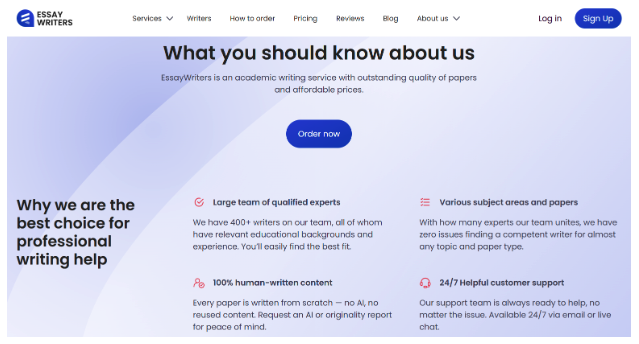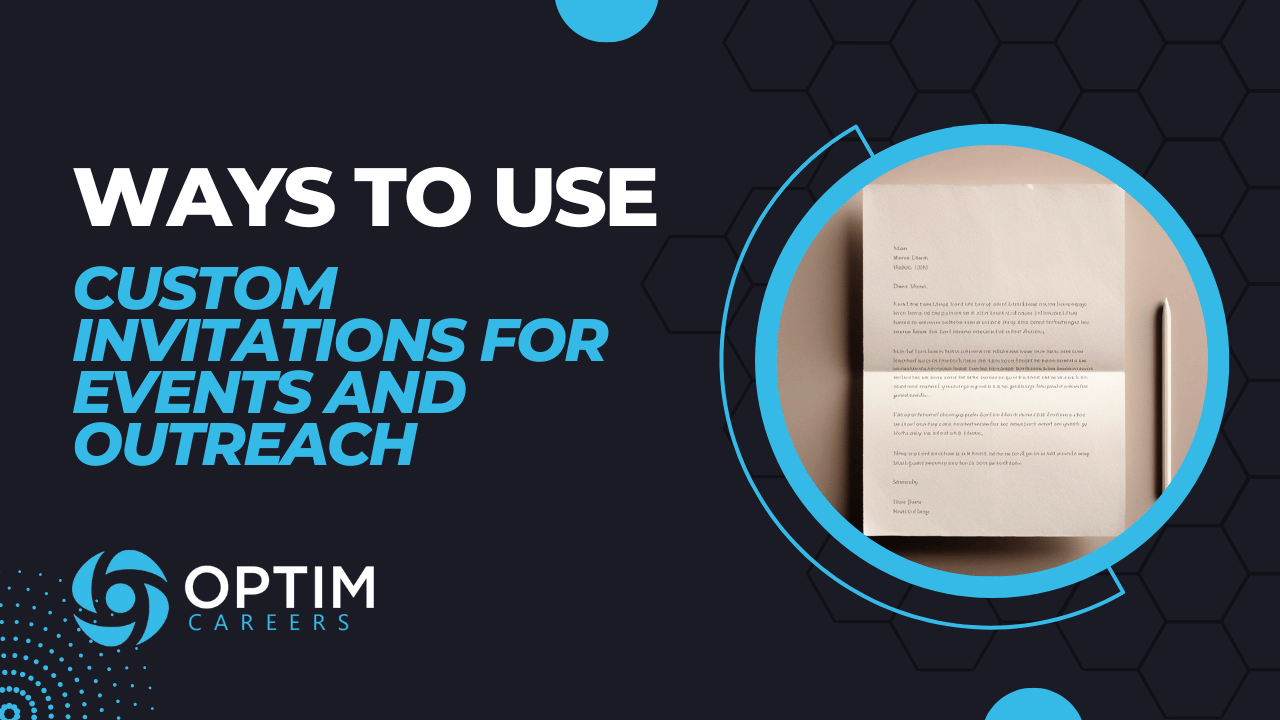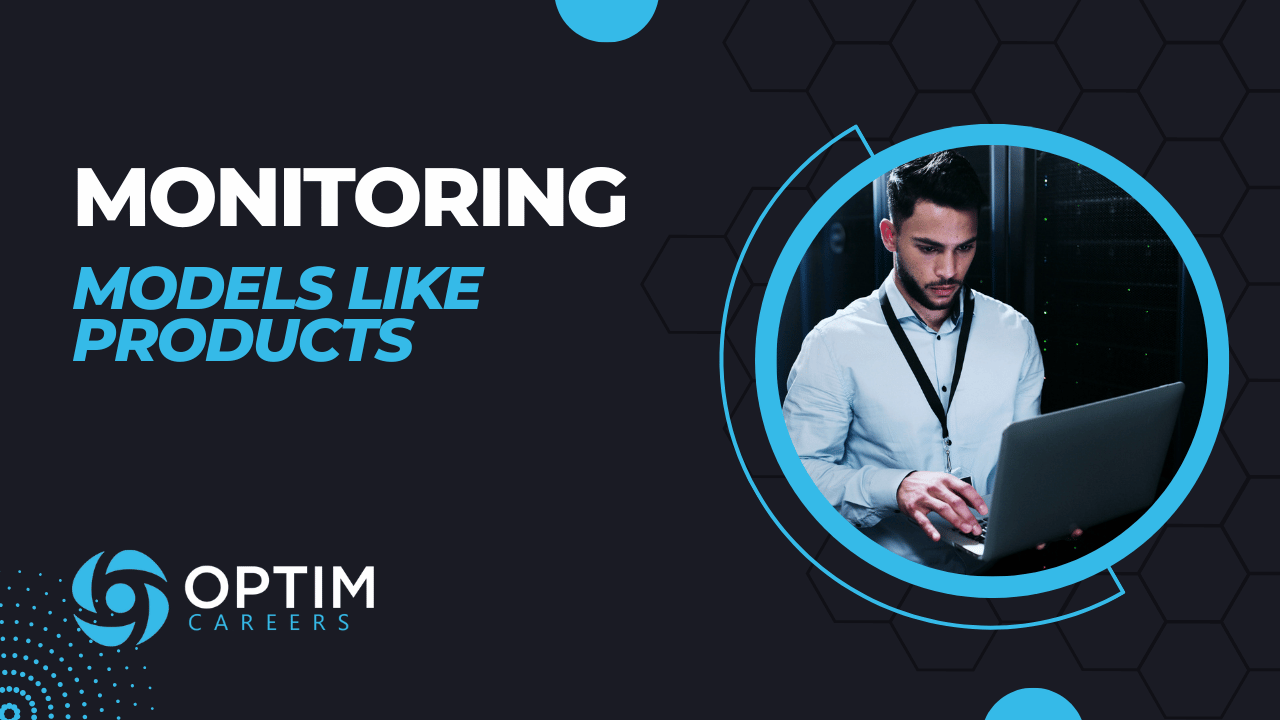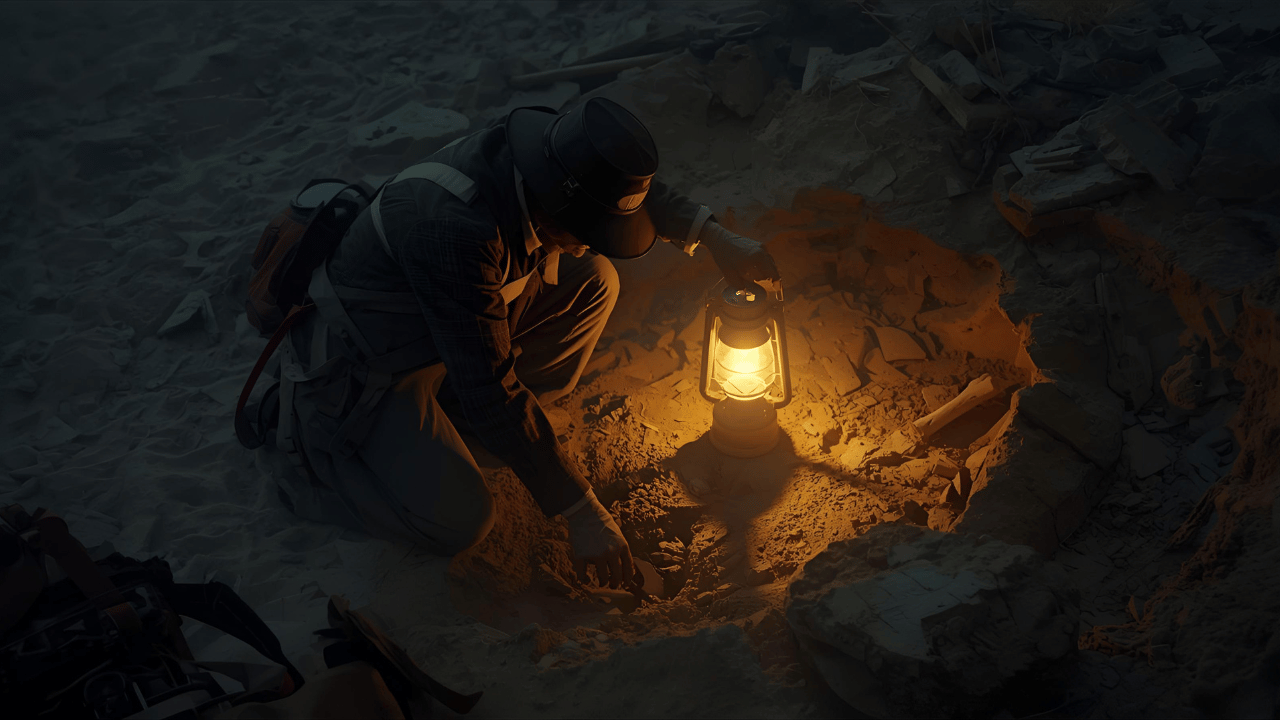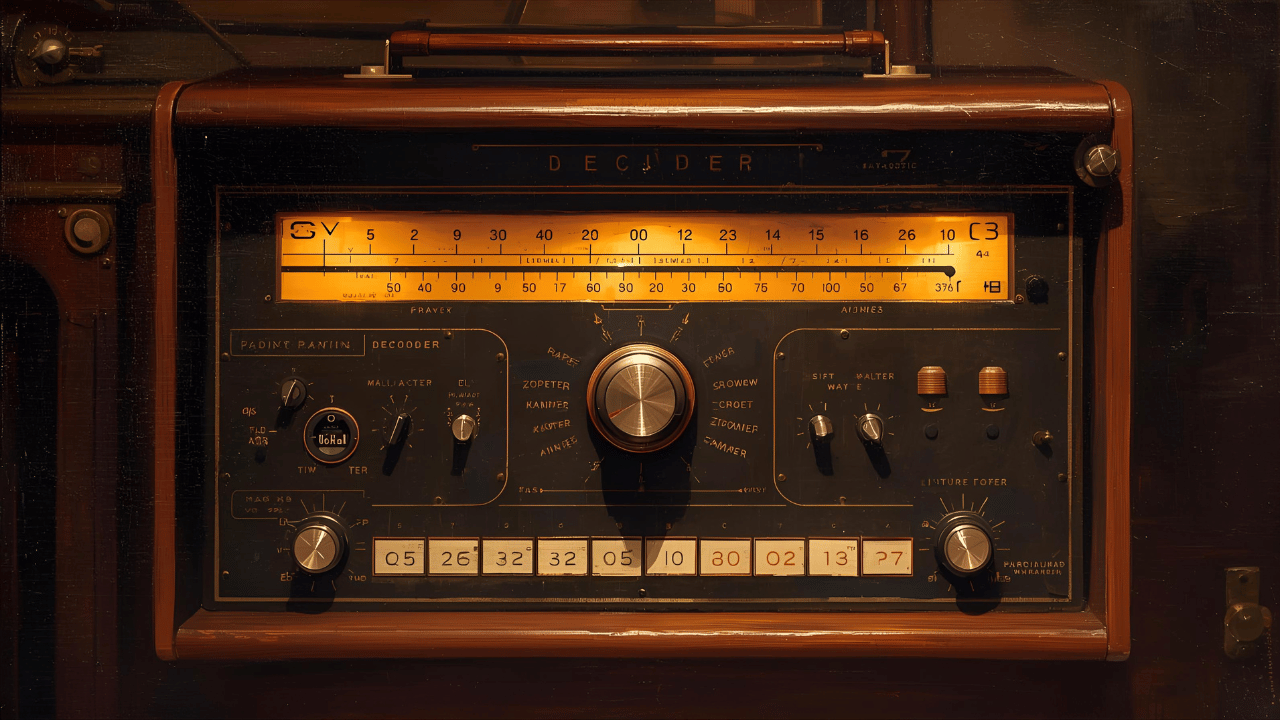How Kirk Went From Laid Off to New Job After One Simple Change
Kirk had a thriving accounting career, starting with Yahoo after college and then working at many of his state’s premier employers. He would describe his 15 year career as a bit of a roller coaster reinventing himself several times. But as he progressed into his career he felt his options narrowing and like many in 2023, he was hit with the wave of layoffs.
Kirk’s background is in accounting and finance. He’s held multiple job titles from credit and collections manager to senior accountant and financial analyst.
Despite his tenure and economic headwinds blowing against him, Kirk was able to land a new job with Prime-Line Products, one of his area’s premier employers.
Keep reading to find out:
How he got the job at Prime Line
His top job search strategy
His thoughts on his resume
His thoughts on networking
How much time he spent searching for a job
His favorite resources and tools
The biggest challenge he faced when finding a new job
What he wished he knew when he started job searching
His biggest job search mistake
Why Did He Target the Prime Line Job
I had been job searching for 5 months when this job opened up. The first 3 months of my job search were lean and dry. It was difficult to find anything I was looking for. In hindsight, part of that was because I wasn’t sure what to look for.
Fortunately, when this job came about, I had already put in the work and realized what I was searching for. You could say I could finally see outside the weeds. And that let me see how this job parallels what I do well and what I love to do, despite job titles (which don’t always tell the full picture).
I didn’t target them in a way that I was waiting for a job opening to occur, but I recognized their name when I saw the job listing posted online and jumped on the opportunity.
His Top Job Search Strategy
The turning point for me was when I found the Optim Careers site and started reading the articles and signed up for the coaching program. I really found value in the resume information and workbook in the coaching program.
The information shared helped me narrow down my focus to two jobs that I could search for and get really good at finding more of those. I could do so many things because of my prior experiences, but when I focused on the two jobs where I had the most transferable skills and could apply them, I started seeing results.
Once I knew what I was searching for, I was able to redo my resume. I mostly made edits to the first page and the last two jobs. I barely changed anything else. But I really wanted to focus on showing those applicable skills in my last two jobs.
His Thoughts on Resumes
When I started writing segmented resumes, I started having success. Before I understood this, I thought my resume was the golden ticket. You put your stuff in there, say what you need to get in front of people, and that’s it.
I think resumes are important. I wouldn’t have gotten my current job without my resume, but you have to know how to write one. And you can’t always rely solely on a resume. You have to put in the work that goes with it.
His Thoughts on Networking
I used a blend of networking and cold calling. I would seek people out at companies I wanted to work at. I didn’t ever ask for a job, but I focused on trying to gain information that could help me with my resume or my interviews.
My job at Prime-Line was the result of a cold call and my resume, not networking. They didn’t know me and I didn’t know them. I found a phone number online and called someone.
I applied but didn’t hear back from them. So I called and got the number for the human resources person. I called her and she answered. I told her that I had applied for the job and asked if she could take a quick look at my resume. She did right then and there on the phone and moved me forward into the interview process.
I wasn’t pushy on the call. I simply called and said I had applied, and wondered if she could look at my resume. The rest fell into place after that. But I don’t know if they would have seen my resume otherwise.
Follow-through is really important today if you’re job searching.
How Much Time He Spent Job Searching
I was driven by my financial situation. My nose was to the grindstone six to eight hours every day.
In hindsight, I probably could have done more with less time. The more rest I gave myself, the sharper I was, and the better performed in interviews and with the job search overall.
My goal was to submit two to five quality applications every day.
His Favorite Resources and Go-To Tools
The first would be the Optim Careers coaching. I’ve never seen something so affordable and the ability to talk with someone on the inside of recruiting was priceless.
I also used Jobscan to help me compare my resume with the job description. I liked the tool because you could paste the job description and the resume and I could test out 2 or 3 versions of my resume to see which had the best score. Sometimes I found that by changing a few words slightly made my resume easier to understand.
When I did both of these things, my job search really took off. I was getting callbacks, screening interviews, and moving through to final interviews.
The job I’m in now took me through 3 interviews and an offer in under 4 days. Things just started to move faster and happen for me.
Biggest Challenge He Experienced
I’m old school when it comes to job searching. I had to come to grips with the fact that I needed to craft my resume for the job and not around everything I’ve done. This was a big change for me.
In the past, I could write my resume based on all the things I did at each job. But when I made this paradigm shift, it made a world of difference. It was hard for me to realize that the resume I thought was wonderful wasn’t working for me.
What You Wish You Knew When You Started
How important it was to know how recruiters work and think so that I could do everything in my power to be seen.
His Main Mistake
When I was laid off, I jumped right into the deep end of the job search. I didn’t give myself time to heal and this was a mistake.
I didn’t realize it at the time, but I was bringing all that emotion, the anger, and sadness, to my interviews and it was impacting me. My biggest mistake was not processing my layoff and separating that experience from my future experiences.
If I were going to do it all over, I would tell others to take the time to heal and process their situation. Get your mind out of the fog and then work on the little things that will get you back to work.
Be patient with yourself regardless of your financial situation. I’m a spiritual person and I believe there will always be a way, but I had to heal so I was ready for what was next.
I would also say that my other big mistake was assuming that the resume I used last year would work this year.
His Advice For Others
I would say get yourself centered and prepared for the job search before starting. Go easy on yourself. It’s not going to happen as quickly as you want it to. It could be, but usually not.
You may hear some stories from people getting jobs fast, but that’s not normal in my experience and in the experience of the other job seekers I’ve spoken with.
Contributor: Kirk is a Senior Accountant with a diverse background in operational accounting spanning multiple industries. He’s managed teams of accounting support staff and been the right hand to many management accountants. This week he sat down with Optim Editor, Cole Sperry, to share his job search success story.
Author & Editor: Cole Sperry has been a recruiter and resume writer since 2015, working with tens of thousands of job seekers, and hundreds of employers. Today Cole runs a boutique advisory firm consulting with dozens of recruiting firms and is the Managing Editor at OptimCareers.com.






